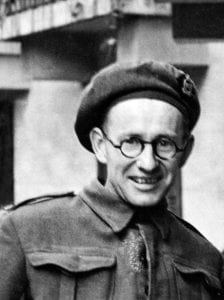 As students, we loved getting our teacher off on a tangent; away from a boring topic and onto some personal experience that never failed to grab our attention. These “tangents” proved to be the most teachable moments in class.
As students, we loved getting our teacher off on a tangent; away from a boring topic and onto some personal experience that never failed to grab our attention. These “tangents” proved to be the most teachable moments in class.
Even seasoned readers love a tangent—a surprise, whether it is in a character or the plot. Guess what? As writers, we love them too. There is immense satisfaction, during a period of writing, when I take myself off on a tangent that adds mystery or drama to the storyline. The power of the pen (er, keyboard) cannot be understated. The first time this happened to me I was as surprised as my readers. I cannot plan these moments, but make an effort to use them at random points. Key questions that keep tangents close at hand include:
- How can this predictable scene be shattered by the dramatic?
- Is this time to introduce a character flaw?
- I have fallen in love with this character. Therefore, it might be time for a divorce?
- Will my tangent take my readers to places they have never been before?
- Does the tangent change or enrich lives?

 From an earlier post; “Once, I had to duck under a massive varnished boom stretching right across the boardwalk. It’s fun to feel part of the action.”
From an earlier post; “Once, I had to duck under a massive varnished boom stretching right across the boardwalk. It’s fun to feel part of the action.”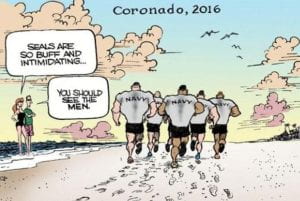
 I was having coffee yesterday with a friend of mine. We met at a cafe called
I was having coffee yesterday with a friend of mine. We met at a cafe called 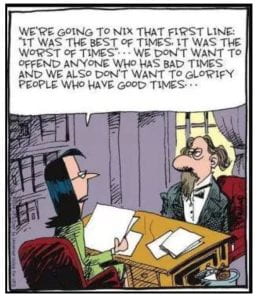
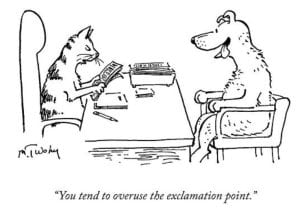
 A writer (
A writer (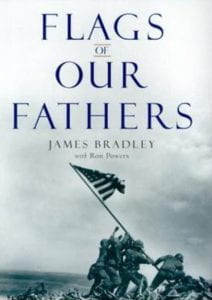 Flags of Our Fathers (2000) is a book by
Flags of Our Fathers (2000) is a book by 